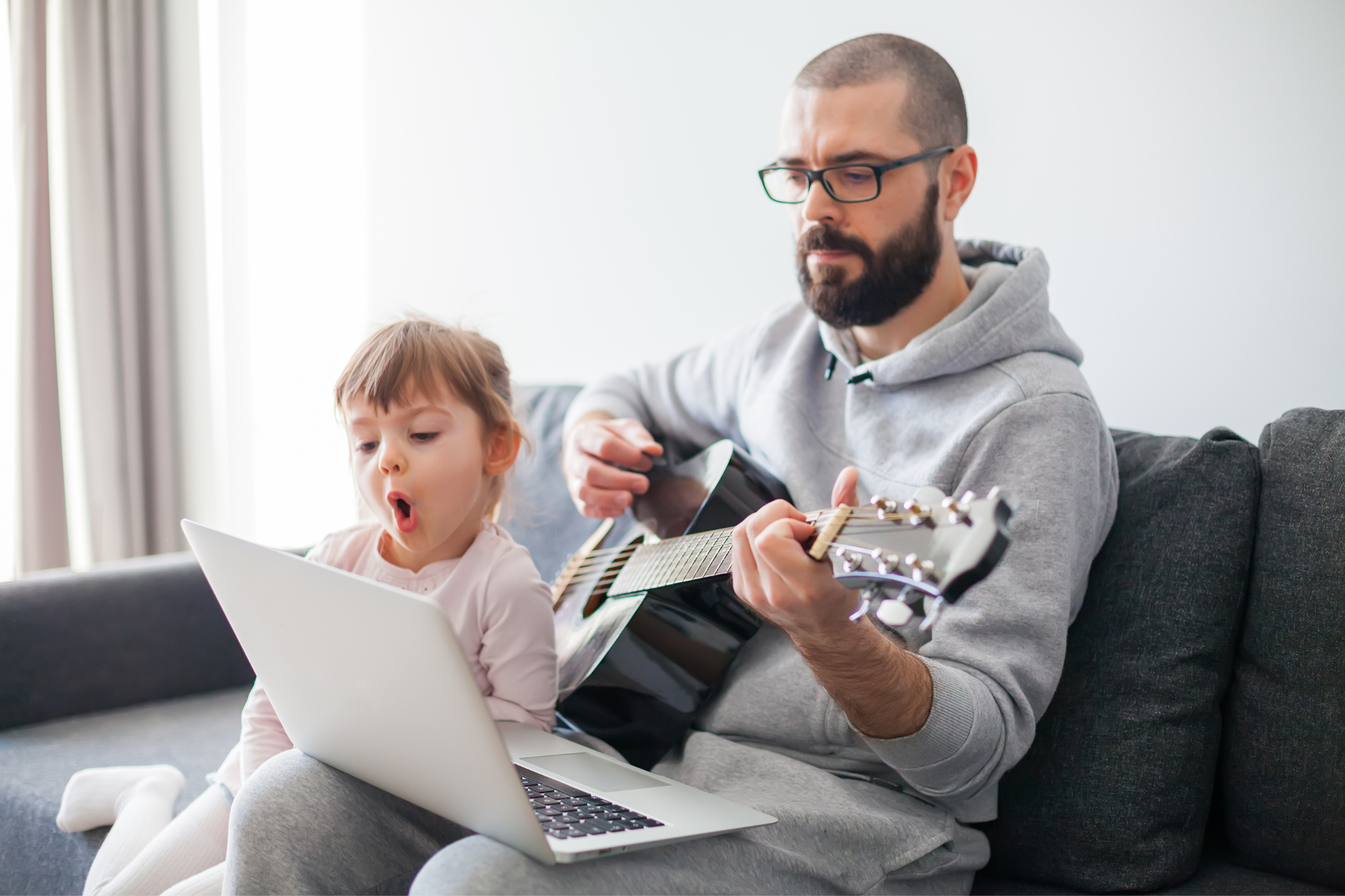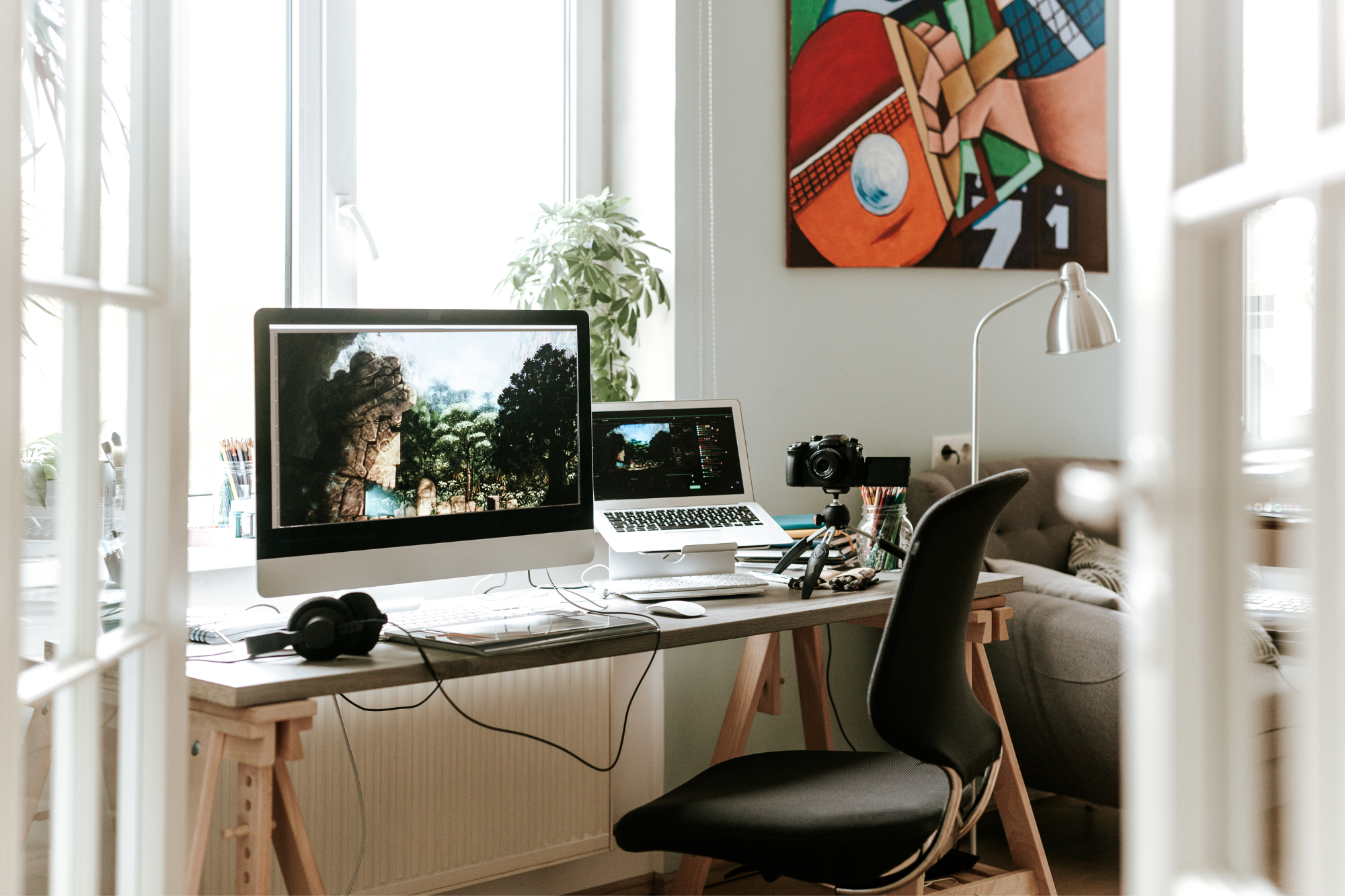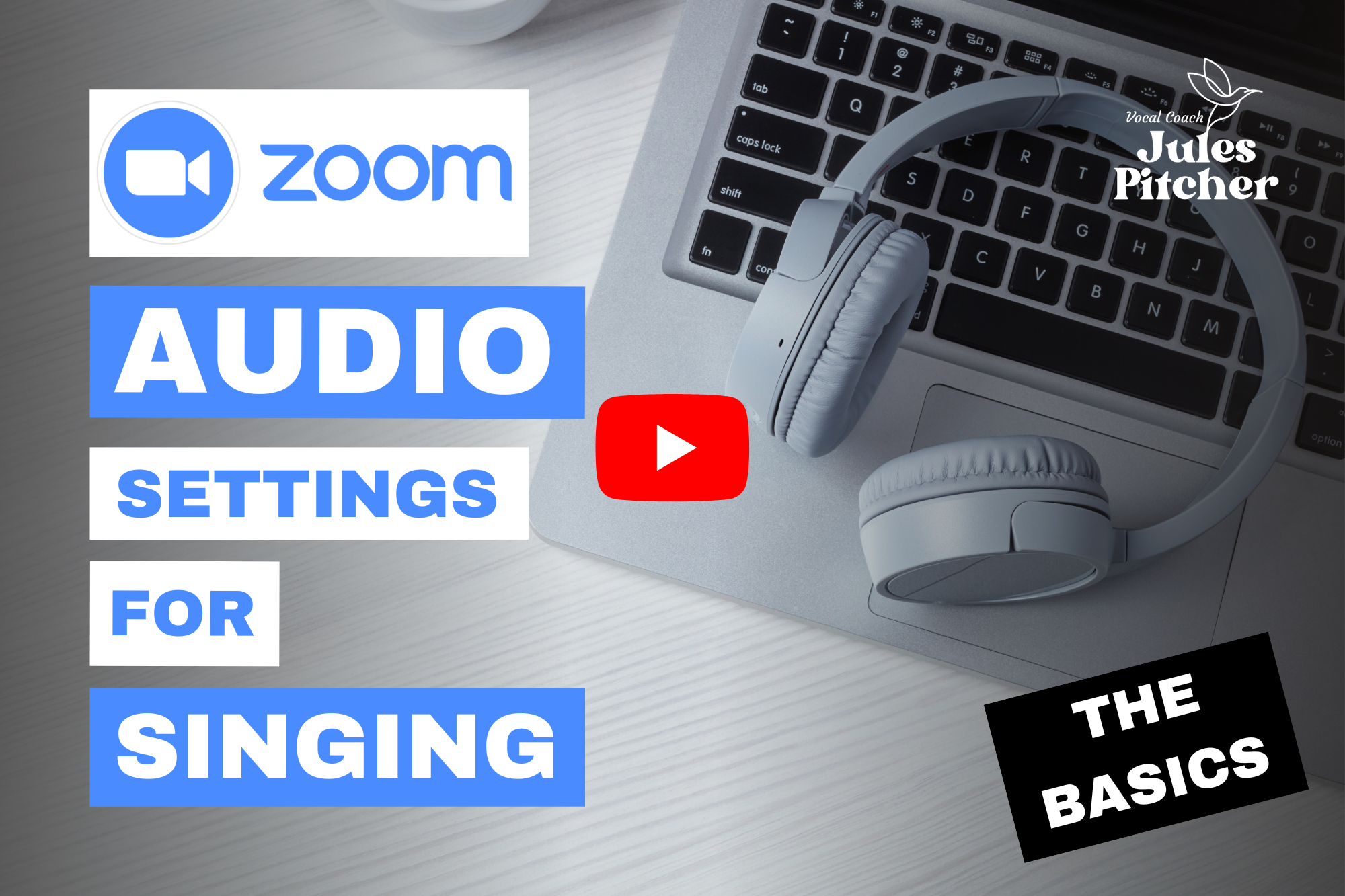6 ways to prepare for your singing lessons
"Luck is where opportunity meets preparation."
- Seneca
There’s nothing better than coming to the end of a singing lesson feeling like you’ve got exactly what you wanted out of it.
In my experience, the best way to make this happen is to be prepared.
So here are six ways to prepare for your sessions with me. Let’s dive in:
1. Have a goal in mind

I can’t tell you how valuable it is know what you want to get out of a session before you’re in it. However, this isn’t always as easy as it sounds. So here are some questions which might help you:
Are you working towards an event? This could be something in the diary like an audition in two weeks or something aspirational like singing at an open mic one day. Some people need an ‘out there’ goal to get them going.
Do you wish you could sing a particular song? Let’s be honest, sometimes it’s all about the song. Even if there’s no performance at the end of it, being able to nail your favourite tune just for the joy of it is a good goal.
Is there a vocal struggle you’d like to overcome? This isn’t about a single song or performance but your voice as a whole. You might be wondering, why do I struggle to sing high notes? Why does my voice feel weak? Why is it inconsistent? Why does my voice feel tired or hoarse the next day? If you know what you’re struggling with, the goal identifies itself!
Do you just want a chance to sing because you love it? Believe it or not, it’s ok to have singing lessons simply because it’s time for you and singing is something you love. You don’t have to be aiming for anything - even if you’re an experienced or professional singer - in fact, perhaps even more so then! If this is the case, just let me know and we can focus our time purely on enjoying singing in the moment and making the lessons a fun experience for you.
Lastly, if you’re still not sure, go for enjoyment. Amazingly enough you’ll get ‘better’ from just singing and we all learn more easily when we’re having fun - there’s genuine science behind it!
Top tip: Once you have your goal, you might like to share it with me as it gives me a chance to do some prep before our session as well!
2. Choose a song
.png)
It’s so useful to have a song or two in mind before the session. It saves us time.
The question then becomes: What do I sing? When choosing a song, the most important thing to consider is, does the song allow you work on the right things?
If you’re preparing for an audition or exam, or if your goal is song focused, this one is may be decided for you.
If you’re looking to work on a particular skill or part of your voice, choose a song that challenges you in that exact area. It sounds obvious, but if you want to develop your range and sing higher, make sure you pick a song that has a wide range with high notes.
You don’t have to know why a section of the song is hard for you (that’s my job!) so it’s ok if you just say I want to work on “this bit” and we’ll go from there!
Conversely, if you’re going for enjoyment, choose a song that’s fun and not too challenging.
*A quick side note on keys and versions. It doesn’t matter if the original song is too high or low for you, or if it’s sung by someone of a different gender. In our lessons we sing mostly "a cappella" (that’s without musical backing) so I can adapt a song to suit your voice and what we’re working on.*
Of course, if you’re new to this and you need help choosing songs that’s ok, many people do and we can make time for that. We’ll build a Spotify playlist together.
However, once you have a list going I really encourage you to choose one from the list before you get to the session. Most people, when put on the spot, can’t think of a single song they’ve ever heard!
Lastly, there’s no perfect song choice, just the song you choose. Whatever you bring, we can work from it.
3. Learn the song a bit!

It’s always worth knowing the song before the session.
But how do you know the amount of learning do you do? And is there such a thing as too much?
This will depend massively on your experience so here’s a good rule of thumb:
If it’s a new song for you, know it well enough that we don’t spend your session learning things you could have learnt on your own.
For newer singers:
- If we’re working on singing in tune, do your best to know the lyrics without having to read them closely. I always encourage talking along with a track to learn the rhythm without pitch confusing things.
- If you’re struggling to fit words into the melody, learn the tune by humming it without words or on "la" or "na".
For an accomplished singer:
Make sure you’ve sung it enough to know which bits are likely to cause you trouble but don’t spend so much time on the song that you’ve ingrained habits that we might want to change. Essentially, we don’t want to be note bashing or getting our tongues tied on the lyrics when we want to be focusing on tone or register.
4. Optimise your technology

Vocal coaching online adds a layer of complexity because of the technology. Here are some things to consider before your session:
Use a laptop: Tablets are ok but a laptop or desktop computer is usually better for quality. Phones aren’t impossible but can be problematic and ideally you don't want to be holding your device while you sing.
Optimise Zoom: To get the best sound, we need to change the audio settings in Zoom. I’ve created a short video to walk you through this.
Keep it simple: You don’t need a fancy microphone or headphones and, unless you really know what you’re doing with both of these, I’d recommend keeping it simple and just using the built-in sound on your device.
5. Raise your screen

It’s important to raise the screen if you can so that you aren’t slouching or tilting your head down when you sing because that has an affect on your voice.
If you’re able to stand, I’ll probably ask you to be on your feet for at least part of your lesson.
We may do physical movements in our sessions and these are usually more effective standing up so find a place to put your laptop where the camera is as close to eye height as possible.
I have an electric desk now but in the past I’ve used window sills or kitchen counters with stacks of cookery books. It doesn’t have to be elegant as long as the screen is stable and you can see it clearly.
Of course, don’t worry if you have limited mobility or if you can’t stand up for very long. Some of my students sit throughout our sessions and I can adapt everything to you.
6. Take a break before your session

Now your technology and your space are ready, what about you?
It’s important you take a break between your day and your session so that you can be present to enjoy your singing and get the best from your lesson.
It doesn't have to take long. Just enough to refresh your mind and body a little.
Here are three ideas that take under a minute:
- Wash your hands and splash your face with cold water.
- Step outside. If the weather’s unfriendly, open the door or window and breathe in the fresh air.
- Close your eyes and count backwards from 30. Even if you count slowly from 10 - 1 you might be surprised at the space you give your mind.
Lastly, get a glass of water. It’s good to keep hydrated through the session.
Now, none of this means you have to turn up to your session in your best ever frame of mind. This is more about taking a moment to check in with yourself. However you’re feeling we can work with it. If you’re sad, stressed, tired or wired, it’s ok. Once you know, we can make space for that in the session.
The whole point of singing is to express yourself. Even if you’re preparing for a performance, your singing lesson shouldn’t be one. This is time that you don’t have to pretend to be anything for anyone else.
So there you have it, six ways to prepare for your singing lesson. For more tips like this, sign up to my newsletter.
Let’s get singing!
